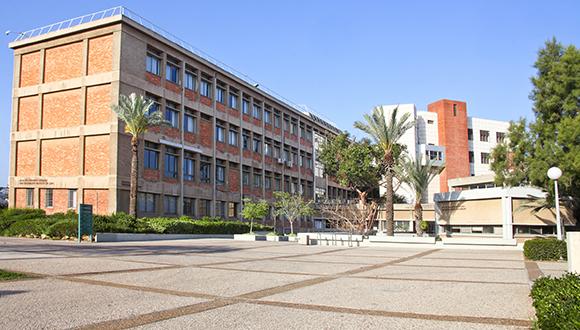Organizing And the Law Conference
Oganizers: Guy Mundlak, Benjamin Sachs, Hila Shamir
Co-sponsors: Tel Aviv University, Faculty of Law; Harvard Law School
Publication: Theoretical Inquiries in Law
Union membership is declining in most countries, although at a different pace and in different patterns, particularly when considering the relationship between membership and coverage of collective agreements. The causes of decline are often similar but the problem manifests itself differently in different countries. Considering the ongoing role of trade unions in industrial relations and in democracy more broadly, there are various avenues for trade union revitalization: increasing membership and extending coverage of collective agreements are merely two of them although they may seem exceptionally vital to the labor movement.
Trade unions are attempting to increase membership by reaching out to traditional and non-traditional union constituencies. At the same time unions are changing their scope of activities and ensuring, where possible, extensive coverage of collective agreements. Other times, they may seek to increase their role in politics, or identify new avenues for influence that do not rely on counting members, such as litigation and social mobilization outside the formal tracks of collective bargaining. Nevertheless, the fact that trade unions are based on membership is one of the features that distinguishes them from other forms of workers' voice, such as the role of NGOs and work-centers.
The problem of reaching out and organizing new constituencies sharpens the challenges of fostering collective action in times of growing individualization, strengthened legal liberal institutions, and processes that impose fragmentation like globalization, retrenchment of traditional welfare state instruments, and the differentiation of work relations and changes in methods of production.
In this workshop we would like to focus on the initial stage of organizing workers in this challenging environment. The workshop will focus on the impact of legal norms and structures (in and outside labor and employment law) on the effective strategies for organizing workers. Moreover, we seek to identify how the legal rule that governs the organizing process intersects with the dynamics of organizing.
The kind of questions the workshop will ask may touch on the following (partially overlapping) themes, and participants are encouraged to identify other terrains that resonate with the challenge of organizing (and can of course challenge the actual premises underlying the focus on challenging):
- A dual challenge: maintaining the traditional strongholds of trade unions and reaching out to new constituencies (such as migrant workers in atypical (precarious) work arrangements).
- Organizing in different industrial relations regimes, for example organizing in systems where coverage extends beyond membership vs. organizing small communities of workers at the enterprise level.
- Organizing in fragmented and diverse set of work relations, for example home workers, independent contractors, employees of temp work agencies, and reaching out to branches along the chain of production
- Organizing in a global environment, taking into account the movement and labor, capital, and commodities
- The fragmentation of labor's voice: Competition and cooperation between unions; cooperation and rivalry between different forms of institutionalized voice, such as trade unions and works councils; organizing in non-union member-based organizations, as distinguished from non-member based organizations.
Workshop participants include an interdisciplinary group of scholars from law, industrial relations, sociology, economics and political science. However, all of the participants are asked to focus on the relationship between legal rules and unionizing. This focus on legal norms, regimes and structures can include such questions as what legal rules are more conducive to different types of organizing? What is the dynamics of political rivalry over legal rules and the role of employers and unions in affecting the law? What is the position of different state agents with regard to organizing attempts (courts, legislatures, ministries – particularly labor and finance - administrators, international organizations)? What is the relationship between international norms and local norms and how they affect organizing attempts?
Theoretical Inquiries in Law, one of the most highly regarded peer-reviewed legal periodical will publish a special issue devoted to selected papers presented in this conference.


